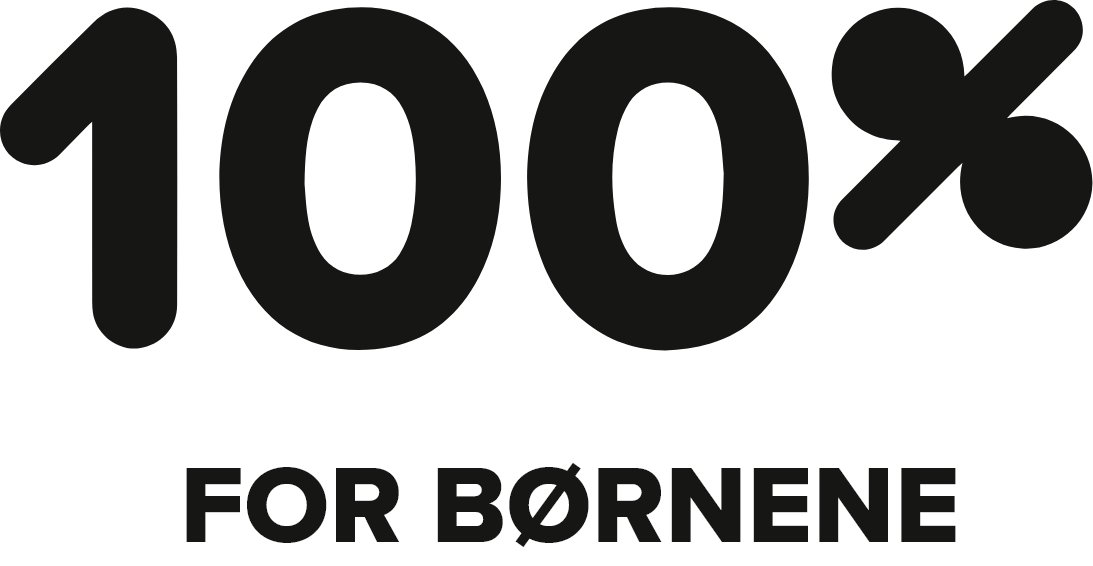Access to education
As the first basic premise for a better world for all children and young people, all children must have access to quality education. Access to quality education is crucial for children's well-being, development, and prospects.
CHALLENGES
100% for the Children aims to enhance educational access and quality while promoting gender equality and reducing barriers such as teen pregnancies, early/forced marriages and high dropout rates.
Marginalization due to socio-economic status, gender, ethnicity, language, religion, disability, and location are driving factors for inequality in education. It is this inequality that 100% for the Children, together with our partners in Kenya, Ghana and Malawi addresses. In our programs we work to reduce inequality in access to education for marginalized children and young people - especially girls and children with disabilities. At the same time, we work to ensure a higher quality of education, which strengthens the children’s abilities, talents, and personal development and prepares them for the future. This includes complementary educational paths like Life Skills and entrepreneurship.
HIGHLIGHTS 2023
Support to girls' education

900
Parents have declared support for their daughters' education in rural areas of Ghana. This is happening because they have participated in campaigns about the importance of girls' education.
Education through sponsers

130
Children have gained access to education in vulnerable rural areas in Malawi through 110 sponsorships. 5 young people are receiving sponsorships for their higher education.
Strengthened communities in Ghana

5
Girls' clubs have strengthened local communities through our efforts in northern Ghana.
Girls' Education & Leadership

25
Girls have been trained to be ambassadors for girls' education and leadership in the northern part of Ghana.
Access to education for young girls
In the video below you can hear more about how 100% for the Children works to create access to education for young girls in northern Ghana in collaboration with the local partner Rural Education for Empowerment Program (REEP).





